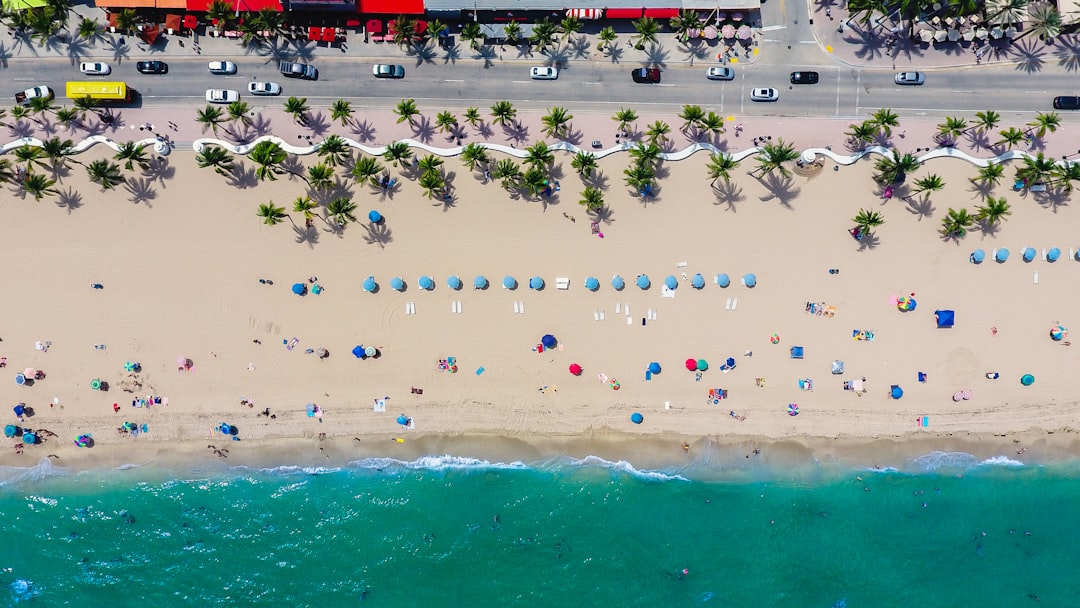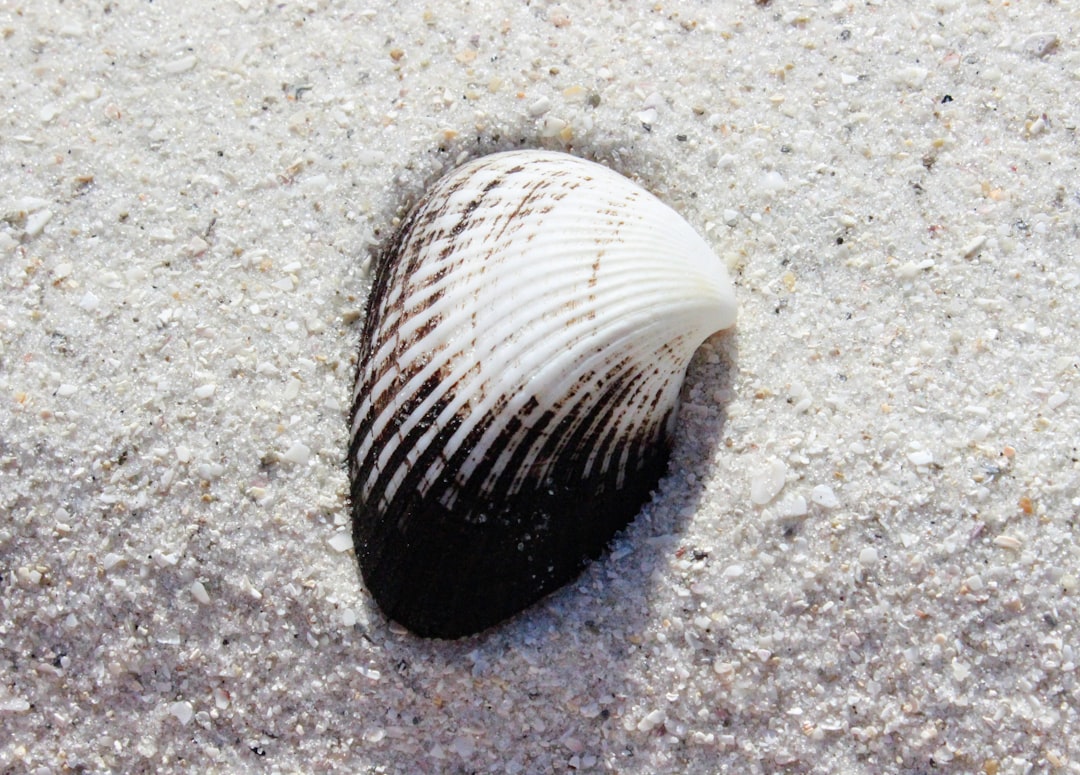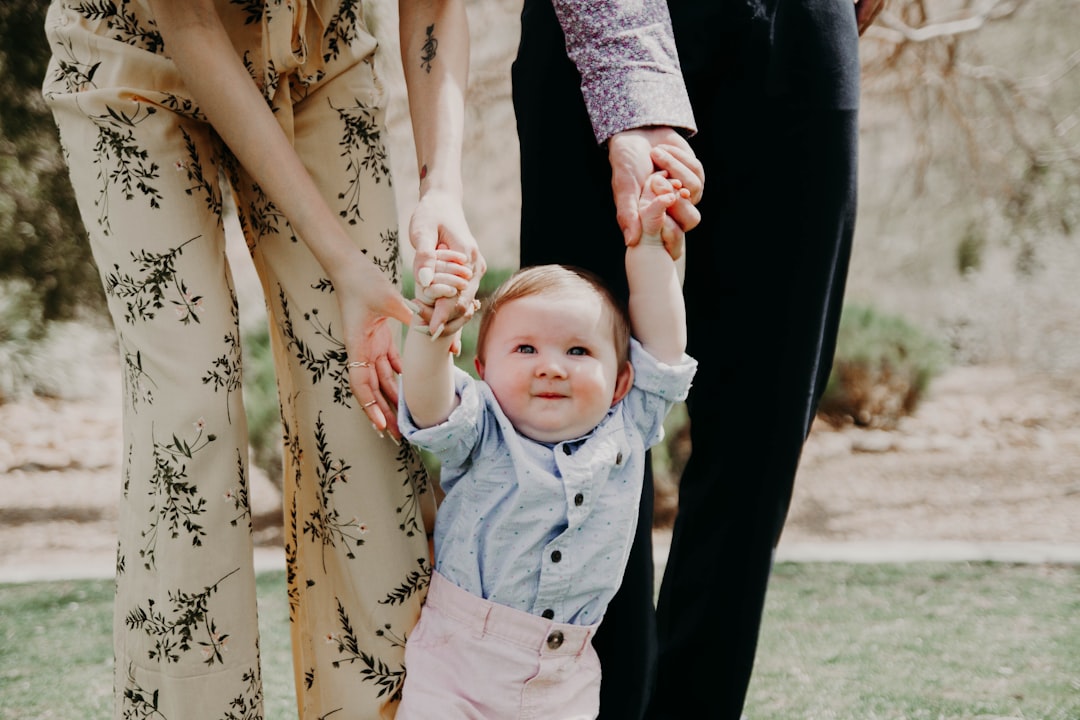Domestic violence in Florida impacts children, leading to child abuse and neglect. Child abuse attorneys specialize in legal complexities, advocating for children's well-being and navigating parental rights regarding custody, visitation, and protective orders. These attorneys ensure safety and secure environments for affected children while guiding victims through family law disputes. Support networks, including advocacy groups, offer holistic aid to survivors, emphasizing healing and empowerment.
In Florida, domestic violence doesn’t just impact individuals; it can severely affect parental rights. This comprehensive guide explores the intricate relationship between domestic violence and custody battles, shedding light on how Florida’s legal system addresses child abuse and neglect in such cases. We delve into the state’s legal framework governing parental rights, the specific implications for custody and visitation, and essential resources available to survivors seeking advocacy from child abuse attorneys in Florida. Understanding these dynamics is crucial for both victims and legal professionals navigating this sensitive area of family law.
Understanding Domestic Violence in Florida
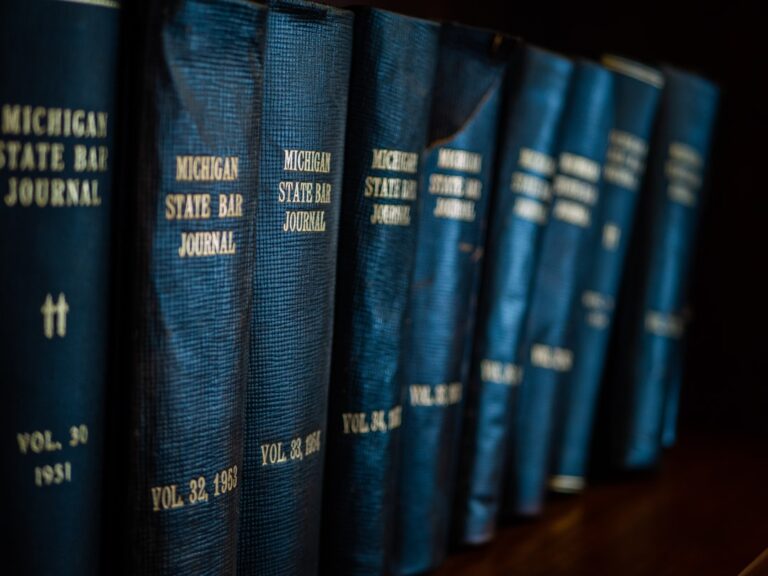
Domestic violence is a pervasive issue in Florida, with many cases involving child witnesses. When domestic violence occurs, it can have severe and long-lasting effects on all parties involved, including any children present. In Florida, child abuse attorneys play a crucial role in helping victims navigate legal systems while ensuring the safety of children.
Understanding domestic violence requires recognizing various forms it can take, such as physical assault, emotional abuse, and sexual misconduct. If a parent is found guilty of domestic violence, their parental rights may be affected, leading to concerns about child custody and visitation. Child abuse attorneys in Florida specialize in these complex matters, offering guidance tailored to each unique situation while advocating for the best interests of the child.
Legal Definition: Child Abuse and Neglect

In Florida, domestic violence doesn’t just involve physical harm; it’s a broad term encompassing various forms of abuse, including emotional, psychological, and sexual misconduct. When children are affected by such situations, it falls under the legal definitions of child abuse and neglect. These terms are critical in understanding the complex interplay between domestic violence and parental rights. Child abuse attorneys in Florida play a vital role in navigating these intricate cases, ensuring the safety and well-being of children while also addressing the legal implications for parents involved.
Child abuse and neglect refer to actions or failures to act that cause harm or put a child at risk of physical or emotional injury. This includes situations where a parent or caregiver engages in domestic violence, leading to a hazardous living environment for their children. Such instances may result in legal interventions, including temporary custody arrangements, protective orders, and even permanent termination of parental rights if the abuse continues or is severe enough.
Parental Rights: Legal Framework in FL
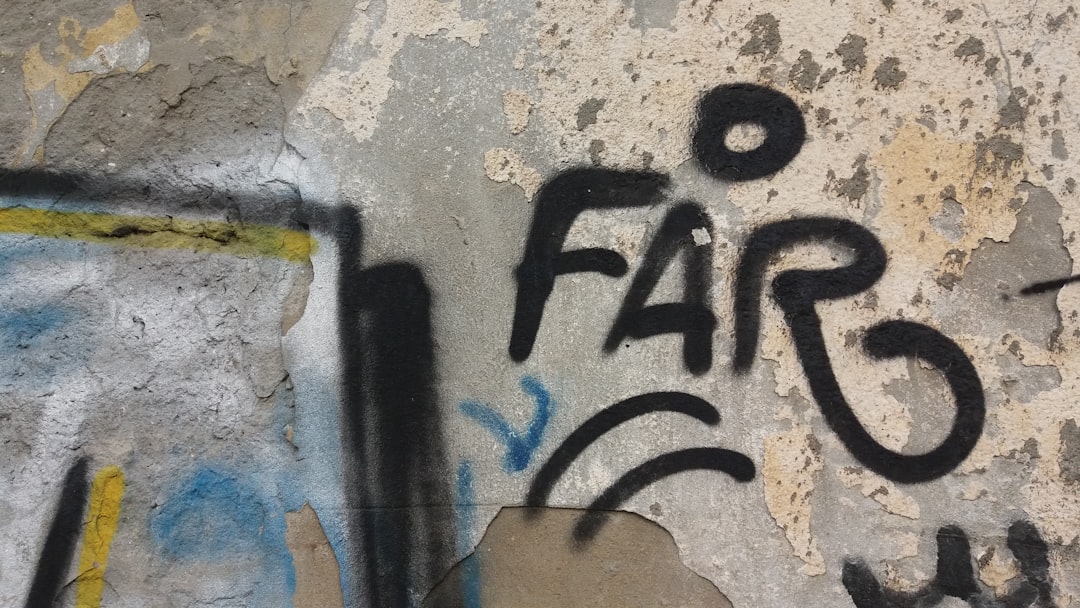
In Florida, parental rights are governed by a comprehensive legal framework designed to protect both parents and children involved in family matters, especially cases of domestic violence. The state’s laws recognize two primary types of parental rights: parental responsibility and decision-making authority. Parental responsibility refers to the obligations and duties a parent has towards their child, including financial support and providing a safe environment. Decision-making authority, on the other hand, involves significant legal decisions regarding a child’s upbringing, education, healthcare, and religion.
A child abuse attorney in Florida plays a crucial role in navigating these legal aspects, especially when domestic violence is a factor. These attorneys are equipped to advocate for clients’ rights while ensuring the child’s safety and well-being. They work with the court system to establish or modify parenting plans, often seeking protective orders to prevent further harm and ensure a stable environment for the child. Understanding the intricate legal process is essential in these cases, as it can significantly impact the outcome of parental rights disputes.
Impact on Custody and Visitation
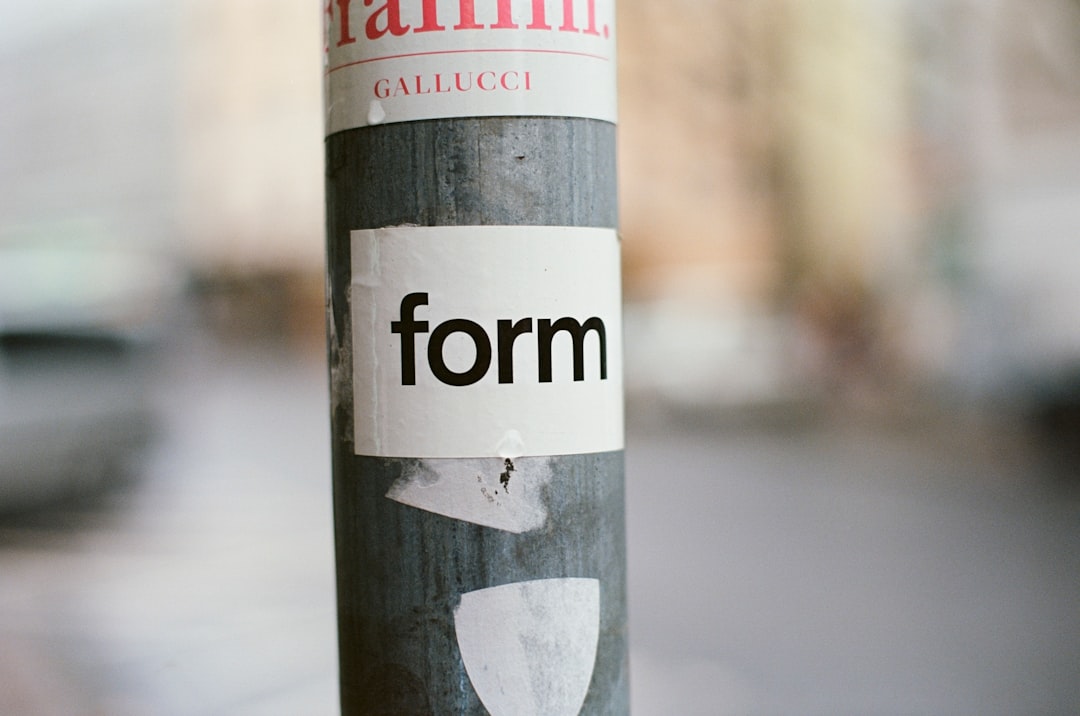
When domestic violence is involved, determining custody and visitation arrangements becomes a top priority for courts in Florida. A child abuse attorney Florida can guide victims through this process, ensuring their safety and well-being are paramount. If a parent is found guilty of domestic violence, it can significantly impact their parental rights. Courts often take a child’s best interest as the primary factor when making decisions regarding custody and visitation, which may result in limited or modified access for the abusive parent.
Such situations require careful navigation by legal professionals to protect both the victim and the children involved. A skilled child abuse attorney Florida can advocate for protective orders, ensuring the non-abusive parent retains sole or primary custody while also arranging safe and regulated visitation rights for the other parent under controlled settings. This helps to minimize further trauma to the children and foster a secure environment for their growth and development.
Support for Survivors: Resources and Advocacy
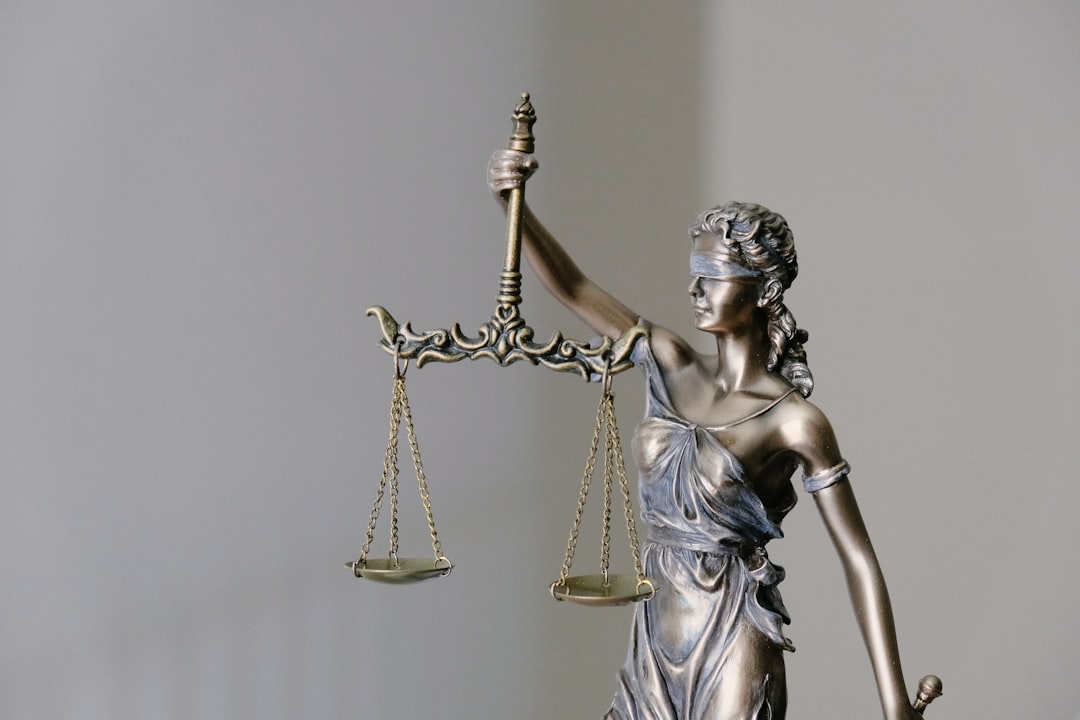
In the wake of domestic violence, survivors often face a complex landscape when pursuing parental rights. Florida offers various resources and support systems designed to protect both victims and their children. Many organizations, including child abuse attorney Florida, provide legal aid, counseling, and safe spaces for those escaping abusive situations. These services play a pivotal role in helping survivors navigate the complexities of family law while ensuring the well-being of their children.
Advocacy groups across the state champion for stronger protections against domestic violence, advocating for policies that prioritize the safety of children and survivors. They offer legal assistance to help victims understand their rights, file protective orders, and secure custody arrangements that keep them and their children safe from further harm. This collective effort underscores a commitment to healing and empowering individuals affected by domestic violence in Florida.


